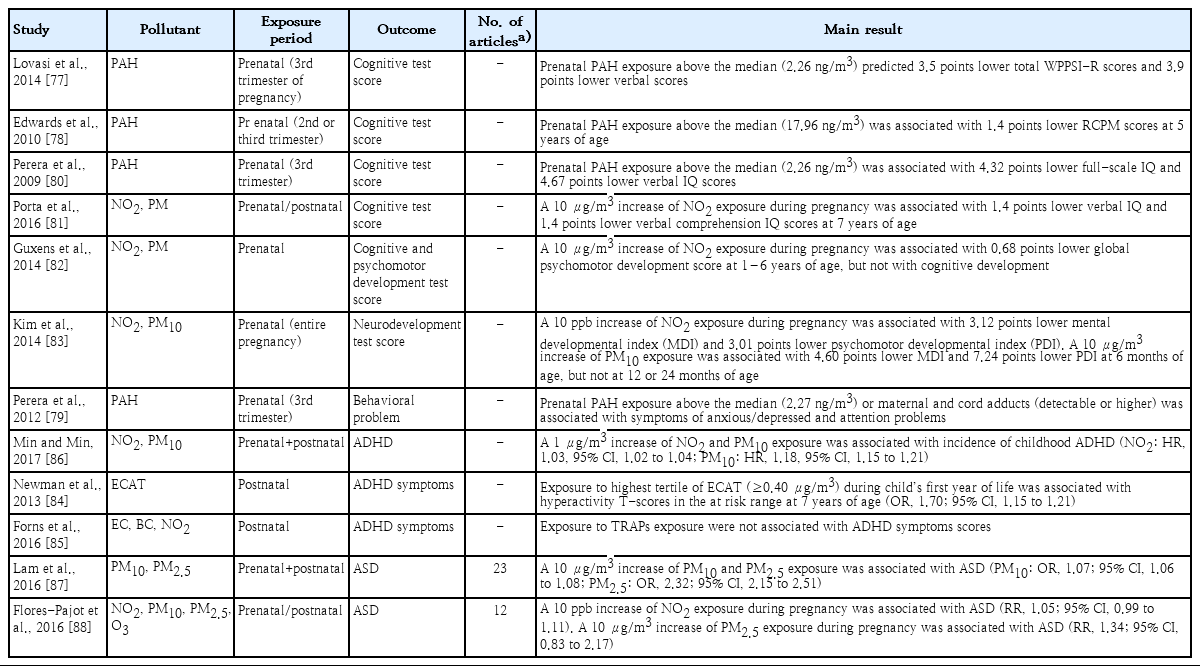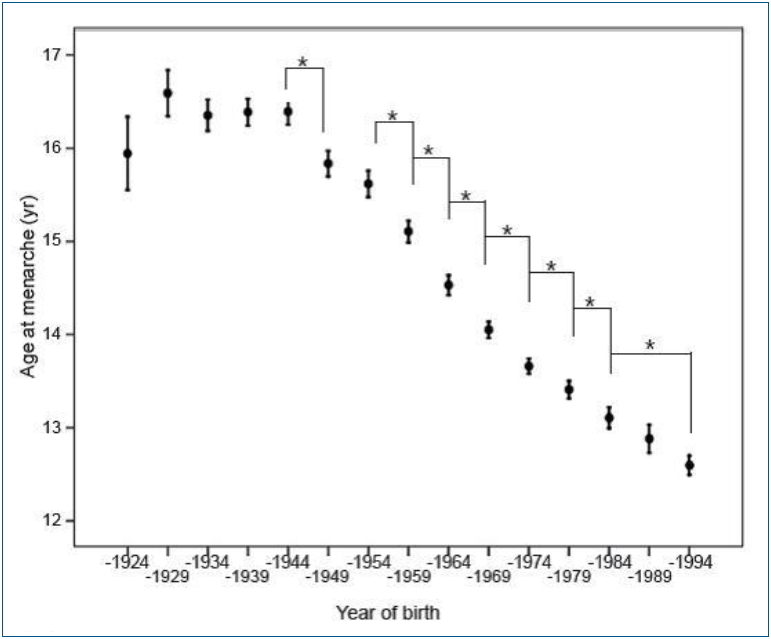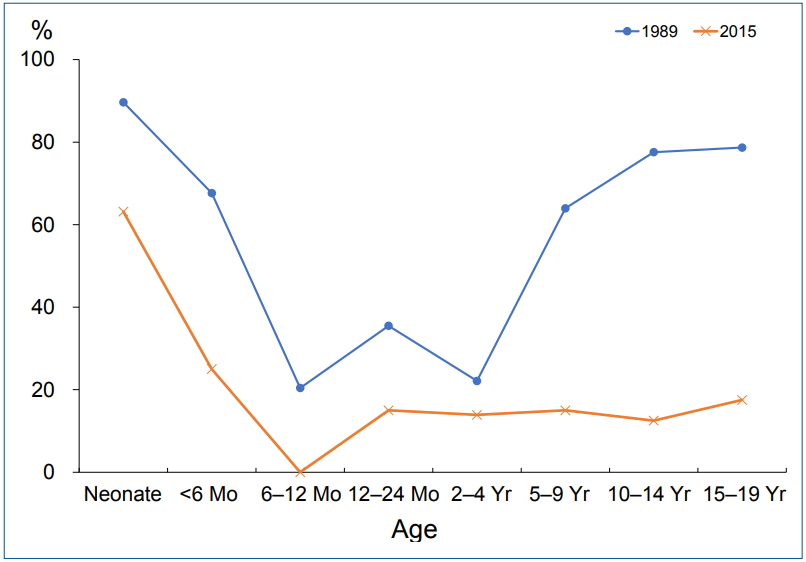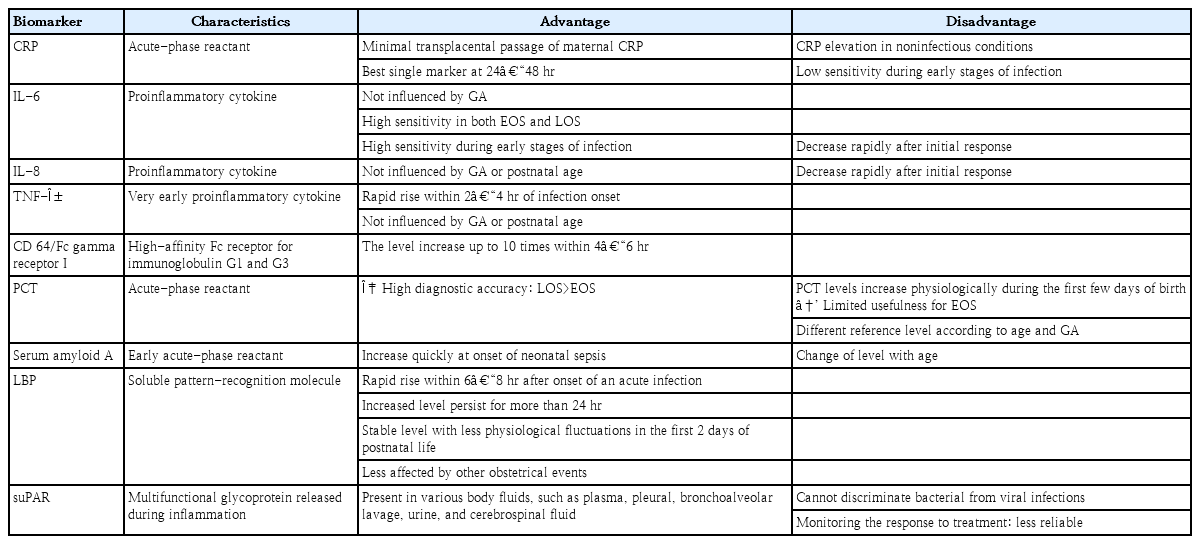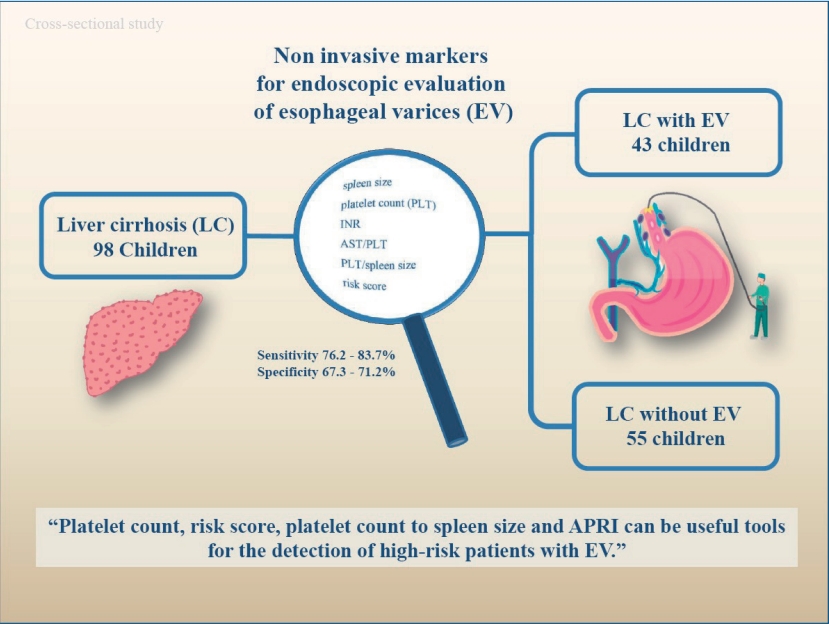
|
Question: Can noninvasive biomarkers identify esophageal varices among children with esophageal cirrhosis?
Finding: The spleen size, platelet count, international normalized ratio, aspartate aminotransferase to platelet ratio index, platelet count to spleen size ratio, and risk score differed significantly between the patients with and those without esophageal varices.
Meaning: These biological parameters can predict esophageal varices among pediatric patients and indicate the need for esophagogastroduodenoscopy. |






